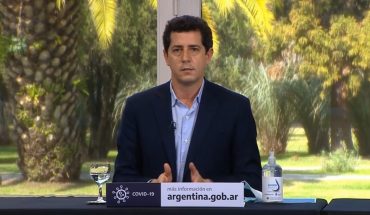The “weak child” phenomenon to be recorded in the Pacific Seas will provoke a large number of extreme weather events, warned the director of the National Water Commission (Conagua), Blanca Jiménez.
According to UNAM Global, in an interinstitutional meeting held at the National Center for Disaster Prevention (Conapred), Jiménez reported that the rain and cyclone season will begin this May 15 and end on November 30.
Lee: Mexican researchers call for changes in agricultural production by climate change
The National Civil Protection Coordinator, David León Romero, announced that this May 15 will be announced the forecast on the number of hurricanes and cyclones that could be presented throughout this season.
Young people will be awarded scholarships to learn about civil protection
Romero explained that in the coordination of his office they work 493 people, “insufficient number to attend a large-scale emergency”, therefore will train 40000 young people from all over the country, who, in exchange for a monthly scholarship, will promote prevention work between their Neighbors.
“So that, in the event of a disaster, they are the first to react and organize their communities,” he said.
You may be interested: starts the season of dengue and Zika, we tell you how to prevent
For the time being, according to the Coordinator, Civil protection has 350 tutors, and each one will be in charge of training 25 young people.
“In addition, we are promoting the installation of Community committees and brigades in each neighborhood, Colonia and Ejido, and supporting in the elaboration of special programs in front of this season of rains and cyclones. We want prevention to stop being a speech and become an action that leaves the mark among people, “he concluded.
With information from UNAM Global.
Thank you for reading! Help us get on with our work. How? Now you can subscribe to the political Animal on Facebook. With your monthly donation you will receive special content. Find out how to subscribe here. Check out our list of frequently asked questions here.
translated from Spanish: “Weak child” phenomenon will cause extreme cyclones in 2019
May 14, 2019 |





